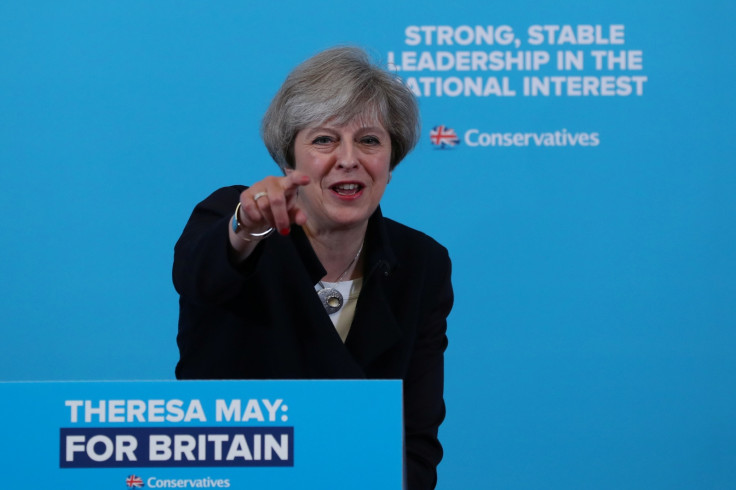Snap elections could be about to become a lot more common - if the Conservatives win
It could mean an election at any moment.

Snap elections could become a lot easier in the future should the Conservatives win on the 8 June.
Hidden in the middle of the Tory manifesto when it was launched on Thursday, was a single line which could be important for the future.
Tucked away on page 43 of the manifesto read: "We will repeal the Fixed-term Parliaments Act."
Just one line, with no further explanation, but it could define governments in the decades to come.
Until David Cameron brought in the Fixed Term Parliament Act of 2011, it was entirely down to the Prime Minister when a general election would be held, normally every four to five years.
This allowed a prime minister to hold an early or simple snap election if for example they were riding high in the polls.
They could hold off as well if they were going through a rough patch.
But when the 2011 act was introduced it took all that power away, meaning that whether things were looking good or not, an election had to be held.
The 2015 election was the first under the new legislation and would have meant 2020 be the next time the nations went to the polls.
But when Theresa May called a shock general election, she was forced to go through the legislative loopholes to overturn the act.
May had cross party support, but that won't always be the case, so the Tories have promised to repeal the act giving future PMs choice over when an election is held.
© Copyright IBTimes 2024. All rights reserved.






